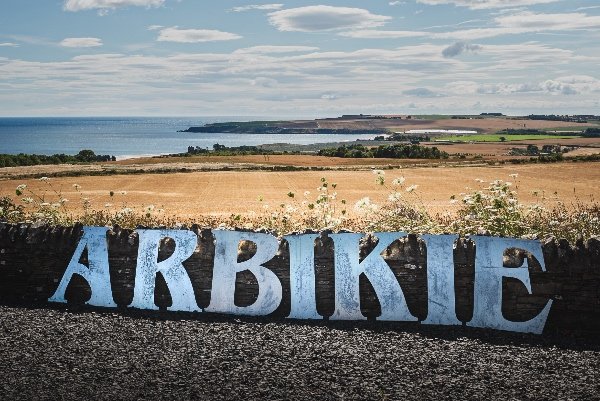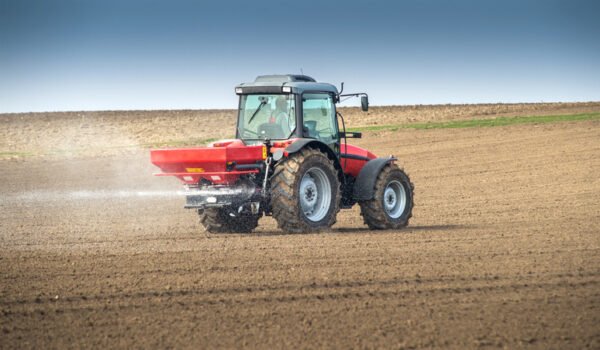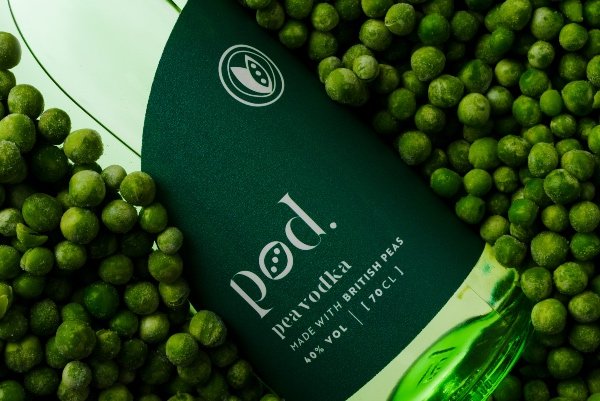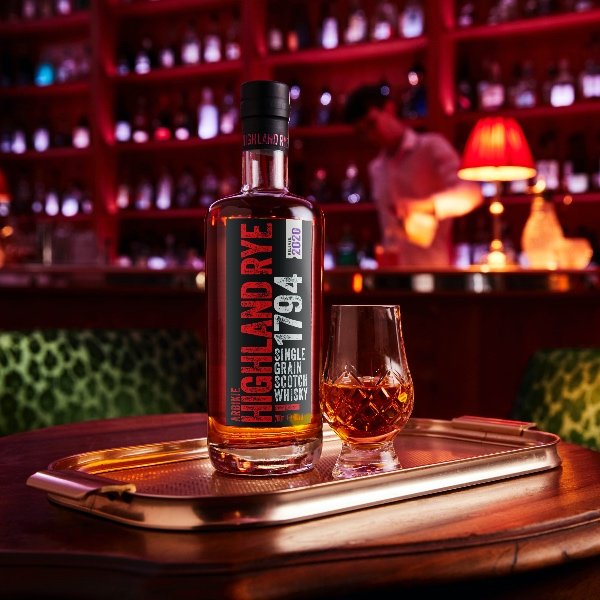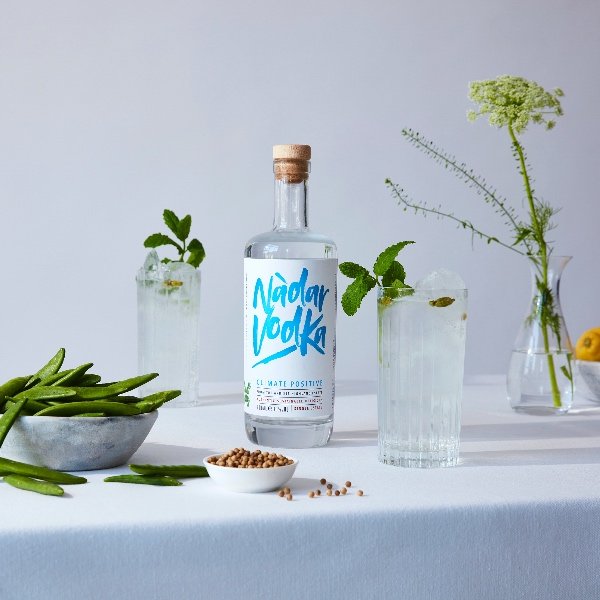This article first appeared in our COP28 issue of My Green Pod Magazine, published 30 November 2023. Click here to subscribe to our digital edition and get each issue delivered straight to your inbox
In 2012 three brothers – John, Iain and David Stirling – decided to create one of the world’s most sustainable distilleries, starting where no other distillery had: the soil.
So began the conversion of an ancient cattle barn on the family’s Arbikie Estate, a regenerative farm with a seven-year rotation based in Angus on the east coast of Scotland, that has been in the family for four generations.
A distillery without ties
The UK’s distilling industry is old, traditional and in some ways resistant to change. Processes are bound up with heritage and culture, and all that rich history – while being highly marketable on a global stage – can feel like a straitjacket to innovation.
When the brothers decided to resurrect distilling at Arbikie – ‘over some drams on holiday in New York’ – they were relatively free to forge their own path based on their shared values.
‘We don’t have any predefined rules of how a distillery should be run’, John explains, ‘We are one of the very few distilleries that are family run with no outside investors. This allows us to follow a clear strategy not driven by volume, but by establishing a legacy that looks after our natural environment.’
From the outset, the brothers’ goal was to create a farm-based sustainable distillery producing super-premium and fully traceable spirits from produce on their doorstep.
From field to bottle
The environment at Arbikie is special, and the Stirling family – which can trace its farming credentials back to the 1600s – knew it.
‘We are in a particular microclimate here in Angus that makes growing quality crops easier than most places in Scotland’, John explains. ‘We are also lucky in that we have spectacular views over Lunan Bay.’
The Estate’s 2,100 acres of arable land produce malting barley, legumes, wheat, oil seed rape, oats and potatoes.
The distillery makes superb use of any produce that would otherwise go to waste, closing the loop to create that perfect model craved by all self-respecting sustainable businesses.
The distillery’s location on the Estate allows complete control and visibility in every step of the process. ‘If you look at a distillery’s entire value chain footprint, over 90% originates from scope 3 sources – the indirect, upstream and downstream activities’, John tells us. ‘The main two contributors are raw materials and packaging materials. Being farm based puts us in a great position to tackle the environmental impact of our raw materials.’
The ability to grow, mash, ferment, distil and bottle on site – in a controlled way that is consistent with the brothers’ values – creates a ‘field to bottle’ approach to distilling, supported by a drive for Arbikie to be as self-sufficient as possible – even down to the juniper for the gin and the oak future generations will use for casks.
Tradition meets innovation
While this approach to distilling might seem radical, it’s a straightforward extension of agricultural practices familiar to the Estate.
‘In a strange way we have gone back to many of the practices of the 1960s to go forward in producing a much better way of farming in the most sustainable way’, explains John. ‘Back then seven-year rotations, with break crops and zero waste, were the norm. This fell by the wayside with the rise of supermarkets, yield optimisation and the drive for cheaper food. I hope we have now found a much better balance.’
Arbikie is demonstrating that innovative approaches don’t need to undermine traditional values; in fact the marriage of innovation and tradition is clearly demonstrated in the distillery’s 1794 Highland Rye Single Grain Scotch Whisky – the first rye Scotch for over 100 years.
This rye Scotch is a celebration of Arbikie’s field-to-bottle approach, reviving a genuinely authentic way of distilling and producing a spirit with a sense of place and a taste of the land and sea that surround the Estate.
John, Iain and David decided to regrow rye in 2013, for the simple reason that rye is good for the land, good for soil structure and regenerative farming and rotations.
‘We had to go back and look for rye varieties that work really well for distilling, have great flavour and are good for the local environment’, John tells us.
The Scotch’s name is a nod to the year the farm distillery at Arbikie first operated, when distilling was a local craft with a truly local flavour.
All ingredients for the pot would have been taken from the farm and its immediate surroundings – the same approach Arbikie follows today.
 Play Video about This Rock Might Just Save The World
Play Video about This Rock Might Just Save The World Play Video about Play 2 hours of rock
Play Video about Play 2 hours of rock Play Video about Play 2 hours of brook
Play Video about Play 2 hours of brook Play Video about Play 2 hours of sheep
Play Video about Play 2 hours of sheep

















